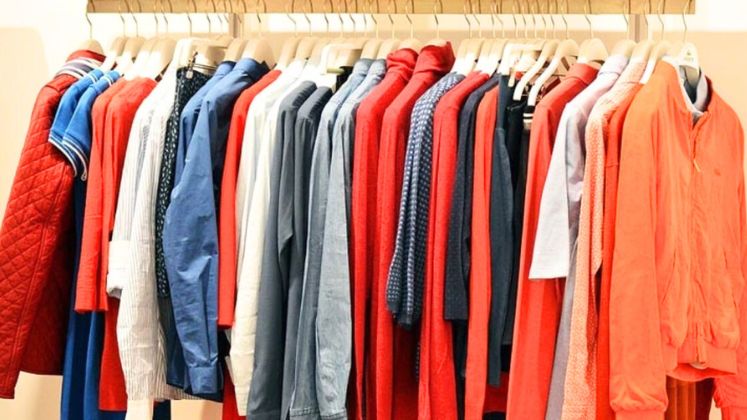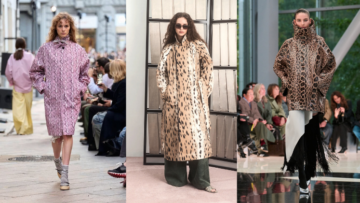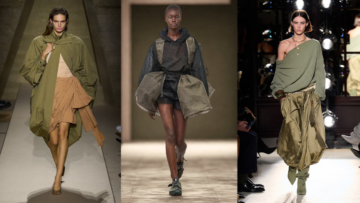
The Bangladesh Textile Mills Association (BTMA) has formally requested duty-free entrance for Bangladeshi clothing made with cotton cultivated in the United States. The business group recently sent two letters requesting preferential trade treatment: one to Eric Geelan, Political and Economic Affairs Counsellor at the US Embassy in Dhaka, and the other to Gary Adams, President and CEO of the National Cotton Council of America.
In the letters, BTMA President Showkat Aziz Russell called on US authorities to remove Bangladesh from the list of countries facing additional tariffs, noting that the sector continues to bear the impact of a 37 per cent tariff introduced during the Trump administration. Although a 10 per cent base tariff currently applies, new tariffs are temporarily suspended for 90 days.
Russell argued that removing tariffs on garments made with US cotton would strengthen economic ties between the two countries and promote greater use of American cotton in Bangladesh’s growing ready-made garment (RMG) sector. He reaffirmed BTMA’s commitment to increasing the use of US cotton, much of which is exported back to the US and other global markets.
To support this goal, Bangladesh has initiated plans to establish a dedicated warehouse for US cotton, a move expected to significantly increase cotton imports from the US. The BTMA also cited strong governmental backing for expanding bilateral trade, especially in the textile and cotton sectors. Notably, Nobel Laureate and economist Professor Muhammad Yunus recently proposed a long-term economic strategy to US officials, further underlining the importance of deepening trade cooperation.
As part of ongoing efforts, BTMA plans to send a 12–13-member delegation to the United States for discussions with both public and private sector representatives. The visit aims to enhance mutual understanding and explore opportunities for future collaboration.
BTMA, which represents 1,856 member mills involved in spinning, weaving, dyeing, and finishing, emphasized the industry’s central role in Bangladesh’s economy. The textile sector has drawn more than US $ 23 billion in investments to date. In 2024 alone, Bangladesh imported approximately US $ 270 million worth of cotton from the US, accounting for 12 per cent of its total cotton imports. BTMA believes this volume could increase four- to five-fold with the right policy support.
The association also pointed out that over 90 per cent of Bangladesh’s exports to the US consist of garments, most of which currently face import duties above 15 per cent. By contrast, the average duty imposed by Bangladesh on US imports is just 2.2 per cent. In a separate initiative, Bangladesh’s Commerce Adviser Sk Bashir Uddin wrote to US Trade Representative Jamieson Greer, proposing duty-free access for an additional 100 US products, building on the existing list of 190 items.
BTMA’s push for tariff exemptions is part of a broader strategy to enhance Bangladesh’s export competitiveness and deepen trade ties with the United States through mutually beneficial arrangements.






